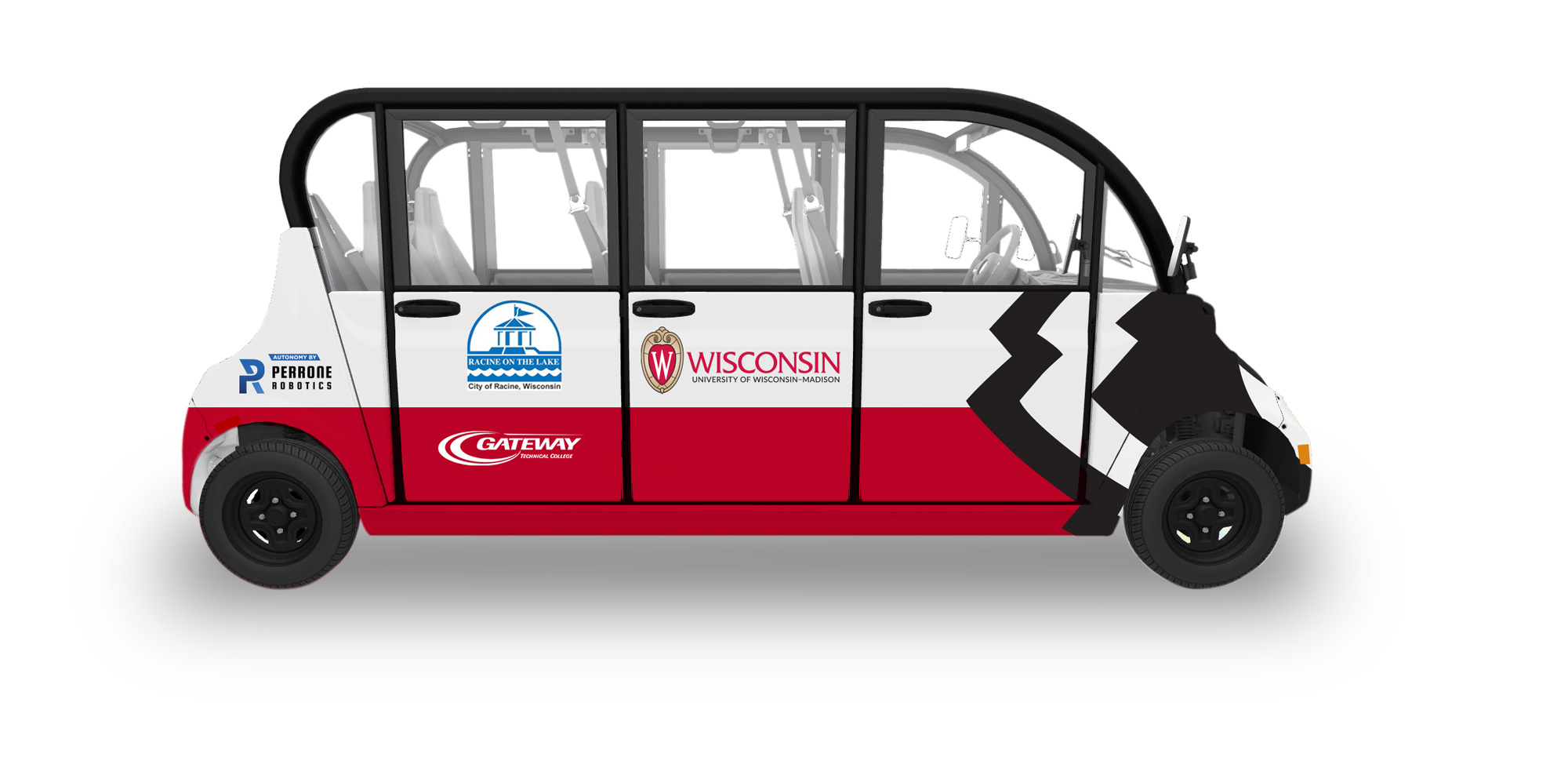All News and Perspectives
-
November 29, 2021
-
July 1, 2021
-
April 30, 2021
-
February 15, 2021
-
January 19, 2021
Brief: U.S. DOT Releases New Autonomous Vehicles Comprehensive Plan
-
December 1, 2020
U.S. Transportation Department Key to Biden Meeting Paris Agreement Targets
-
November 24, 2020
Many Frustrated as FCC Rules to Reallocate 5.9 GHz Spectrum Away from Transportation Safety
-
September 17, 2020
-
June 24, 2020
Could Greenhouse Gas Emissions Be Added To COVID-19’s Casualty List?
-
March 9, 2020
-
January 20, 2020
Overcoming The High Carbon Debt of Electric Vehicle Production
-
January 9, 2020
How Cities Can Digitize Their 21st Century Mobility Policies
-
September 26, 2019
-
July 30, 2019
U.S. Falling Behind in Smart City Deployments and Key 21st Century Infrastructure
-
April 19, 2019
-
April 18, 2019
-
April 10, 2019
-
January 31, 2019
-
January 16, 2019
Let’s Hope Trump Considers Infrastructure a National Security Issue Too
-
December 12, 2018
-
August 16, 2018
Autonomous Vehicles: Planners Aren’t Planning, Just Reacting
-
July 26, 2018
Blockchains, Smart Contracts, and the Future Of Transportation Security
-
July 20, 2018
Transportation – The New Villain in America’s Fight Against Greenhouse Gas Emissions
-
April 5, 2018
-
February 26, 2018
-
October 27, 2017
-
October 20, 2017
-
October 11, 2017
-
October 6, 2017
AV START Act Unanimously Clears US Senate Commerce Committee
-
September 25, 2017
Metropolitan Areas + Autonomous Vehicles – Congestion = Savings
-
September 18, 2017
-
September 11, 2017
-
August 8, 2017
-
July 7, 2017
Bills, Bills, Bills: A Look at the AV Bills Currently Moving Through Congress
-
June 27, 2017
-
June 27, 2017
-
June 26, 2017
-
June 19, 2017
-
June 9, 2017
-
May 23, 2017
-
May 18, 2017
-
May 18, 2017
-
May 4, 2017
Can Government Overcome Hurdles to Infrastructure Investment?
-
May 3, 2017
-
April 10, 2017
Proving It: Connected Infrastructure & AV Research Vital to a National Strategy
-
April 9, 2017
Atlanta Bridge Crisis: A Plea For Federal Infrastructure Investment
-
April 7, 2017
Bi-partisan support in the Senate for AV/CV funding. Thank you to our Senator Tammy Baldwin!
-
April 3, 2017
Tractors, Hackers, and Other Factors: The Necessity of Neutral Third Parties in the AV Realm
-
April 3, 2017
-
March 31, 2017
-
March 28, 2017
-
March 28, 2017
-
March 21, 2017
The Future of Transportation is Here in Racine, WI
July 1, 2021 • TOPS Lab

The City of Racine, as part of Smart Racine efforts, is pioneering the introduction and integration of an automated vehicle (AV) shuttle into public transportation systems in Wisconsin.
The Racine AV shuttle, known as the “Badger”, represents the first municipal AV deployment in Wisconsin and heralds the future of transportation: automated, connected, electrified and shared. As such, Racine AV provides a unique opportunity for the citizens and businesses of Racine and throughout Wisconsin to personally experience AV transportation, explore the positive impact of its implementation, and envision the many benefits that follow along.
Access to jobs, grocery stores, healthcare, education, and cultural, recreational, and other opportunities varies among communities in urban regions leaving certain communities underserved. While the underlying causes of inequitable community growth are complex and multi-faceted, limited transit options compound the issue and contribute to a vicious cycle of social inequity, having implications for health, wealth, education, and safety of these communities. The Racine AV shuttle service is being designed to deploy and demonstrate how emerging automated transportation solutions can be harnessed effectively and symbiotically within existing public transportation systems to address the glaring disparities in our society.
The initial deployment of the shuttle is anticipated to be a fixed-route service in downtown Racine. A trained Racine Transit operator will be in control of the vehicle at all times including when operating in AV mode. After building community trust, the AV shuttle could be potentially used for an on-demand service in the off-peak hours.
The Racine AV shuttle deployment will also enable cutting edge research and training related to autonomous, connected, and electric vehicle technologies. The City’s partnership with the Gateway Technical College and the University of Wisconsin-Madison draws from Wisconsin’s highly respected technical college and university systems to develop a first rate living laboratory for advanced transportation research, education, and training. The University of Wisconsin-Madison’s Traffic Operations and Safety Laboratory (TOPS Lab) will work alongside professionals in Racine’s public, private, and nonprofit sectors to develop and refine the technical elements of the AV shuttle deployment. The TOPS Lab researchers will monitor and evaluate the safety and operation of the AV shuttle. The Gateway Technical College will house the shuttle and incorporate it into education and training opportunities to prepare the workforce for future employment opportunities.
The AV shuttle is powered by TONY® (short for “TO Navigate You”) developed by Perrone Robotics Inc. Perrone Robotics is a leading provider of reliable fully autonomous vehicle technology and turn-key vehicle solutions for the mobility of people and things. Their TONY AV technology embeds inside of any vehicle type for any job application, to provide a complete “artificial driver” solution that brings full autonomy in a safety certifiable framework.

